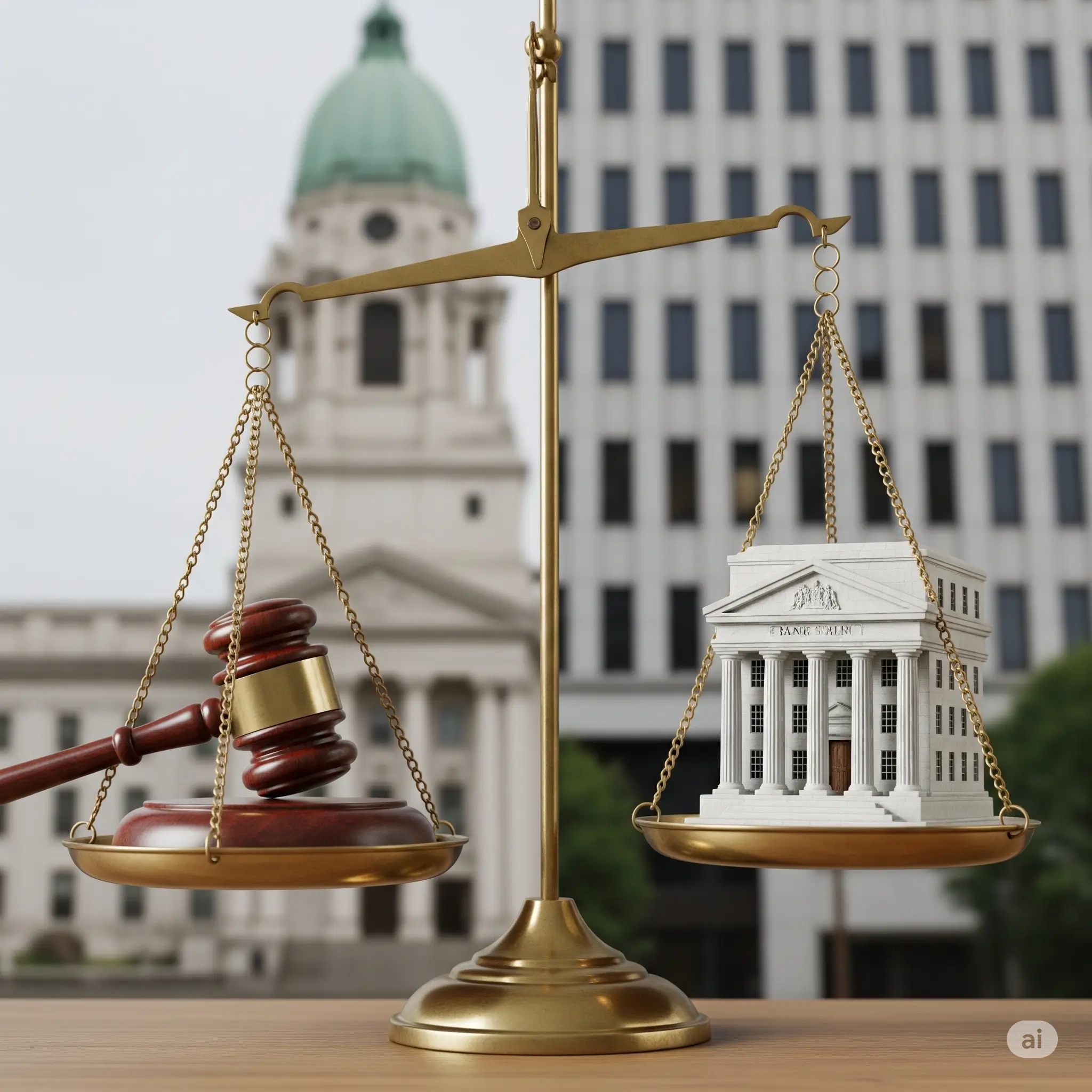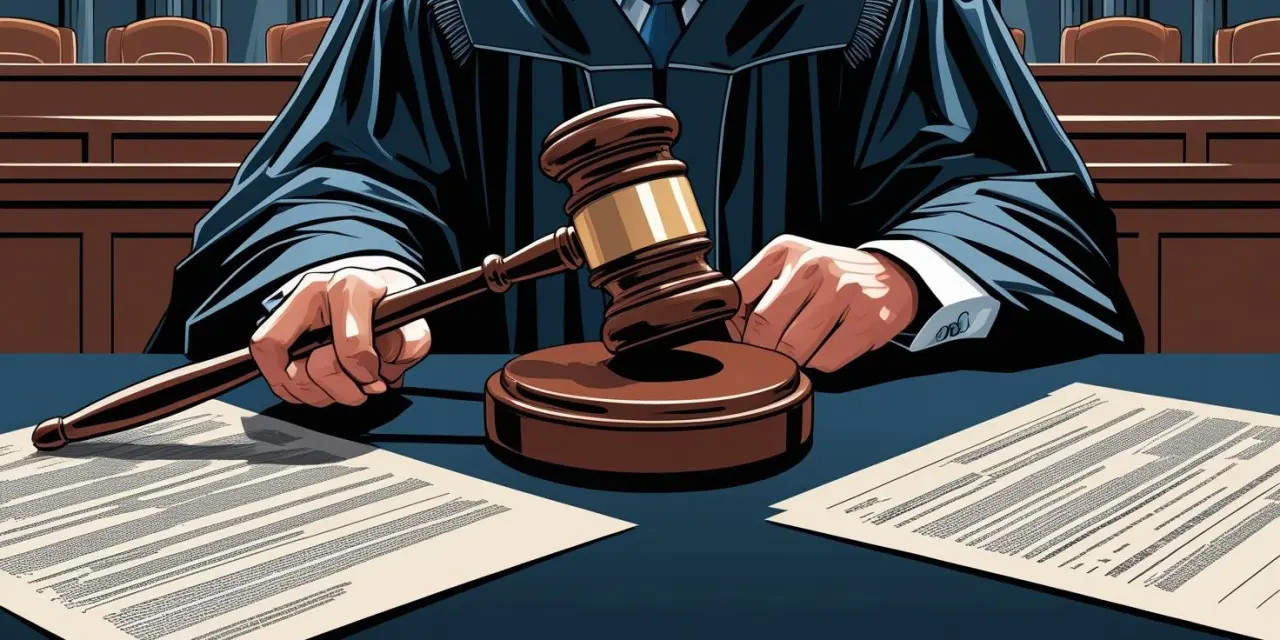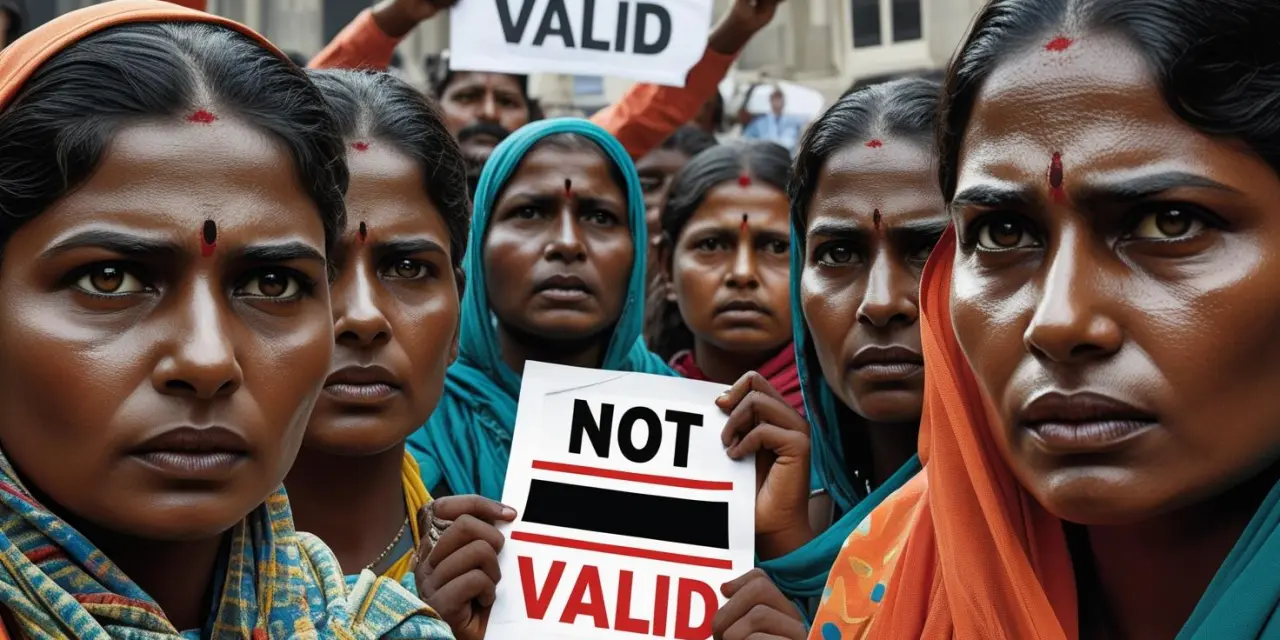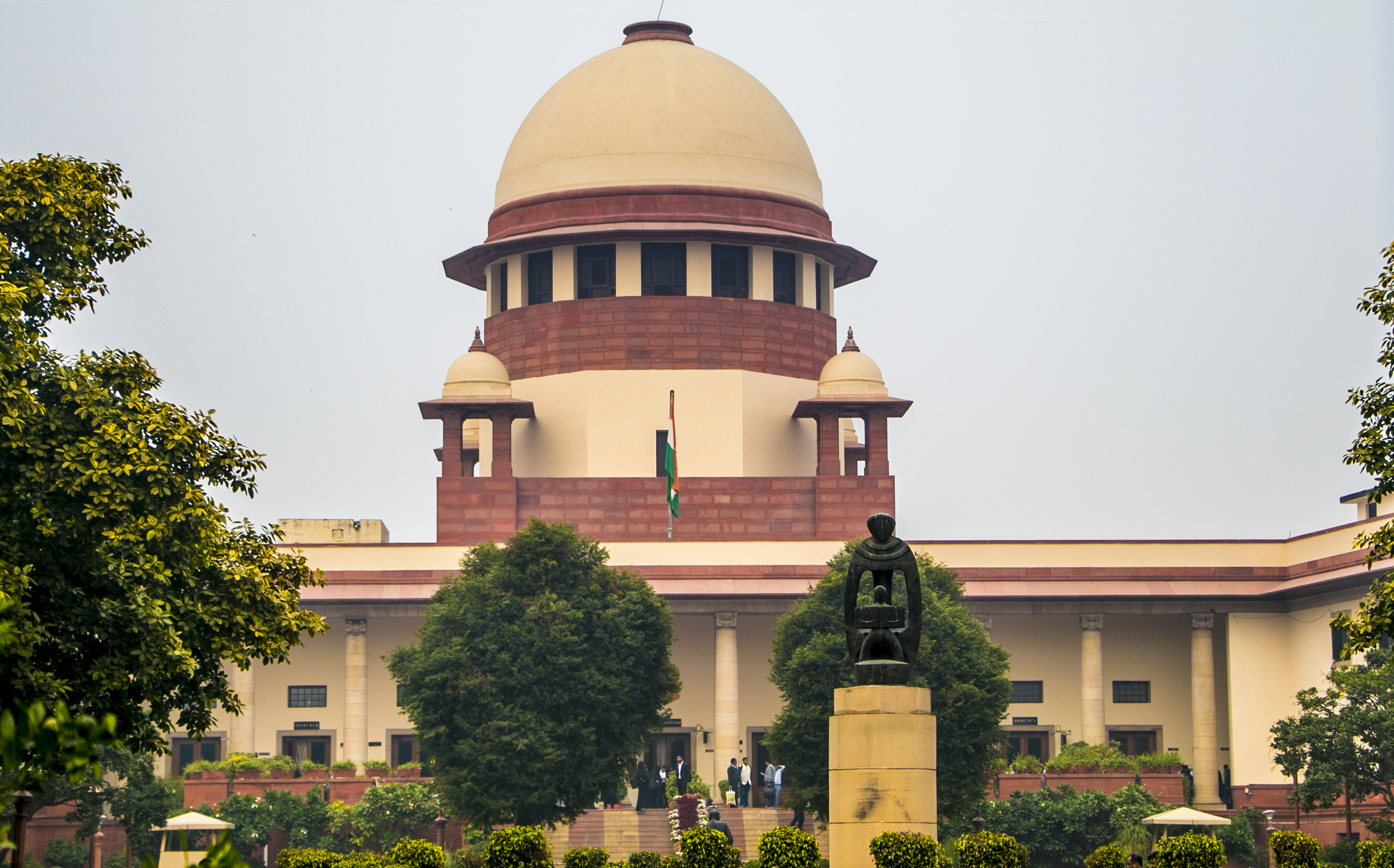Punjab & Haryana High Court Grants Interim Relief in Defamation Case
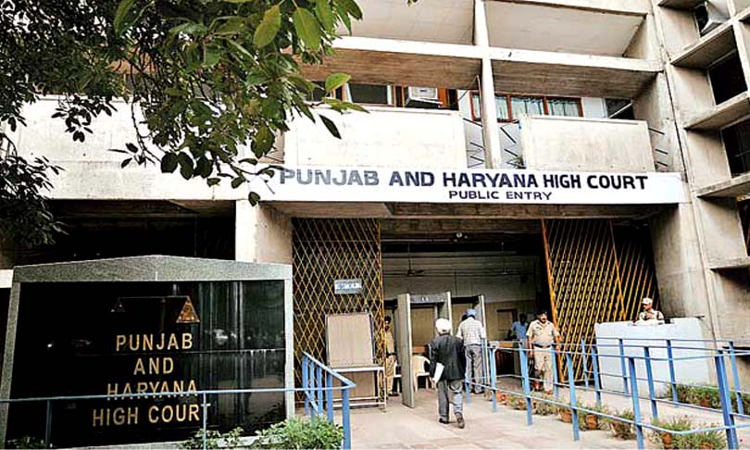
Chandigarh, India – In a significant move reinforcing the principles of press freedom and the high bar for restricting speech, the Punjab and Haryana High Court has granted interim relief by staying criminal defamation proceedings against a prominent media house. The decision underscores the judiciary's cautious approach to entertaining defamation claims that could potentially stifle journalistic expression and public discourse.
While the specifics of the case, including the names of the parties involved, are being withheld pending the ongoing legal process, the essence of the ruling revolves around the court's prima facie observation that the published material did not appear to be maliciously intended to harm the complainant's reputation. The court emphasized that for a defamation case to proceed, there must be clear evidence of intent to defame, a factor that it found wanting at this initial stage.
The interim order provides a temporary reprieve to the journalists and the media organization, halting the lower court's proceedings until the High Court can delve deeper into the merits of the case. This stay is a crucial victory for the media, signaling that the higher judiciary will critically examine defamation complaints to prevent them from being used as tools to intimidate and silence the press.
The Legal Landscape of Defamation and Interim Relief
In India, defamation can be both a civil wrong, where the aggrieved party can seek monetary compensation, and a criminal offense under Section 499 of the Indian Penal Code, punishable with imprisonment up to two years, a fine, or both. The grant of interim relief, such as staying proceedings or issuing a gag order on publications, is a discretionary power of the courts, exercised with great caution.
To secure an interim injunction in a defamation suit, the plaintiff must establish three key elements:
- A Prima Facie Case: A strong and clear initial argument that the published material is defamatory.
- Balance of Convenience: The inconvenience or harm to the plaintiff if the relief is denied outweighs the harm to the defendant if it is granted.
- Irreparable Injury: The plaintiff would suffer an injury that cannot be adequately compensated by monetary damages if the interim relief is not granted.
The judiciary, including the Supreme Court of India, has consistently held that interim injunctions in defamation cases, especially those involving media publications, should not be granted lightly. This is to ensure that the fundamental right to freedom of speech and expression, a cornerstone of Indian democracy, is not unduly curtailed. The courts often weigh the public's right to information and the role of the media as a public watchdog against an individual's right to reputation.
Implications of the High Court's Decision
The recent order by the Punjab and Haryana High Court is being viewed by legal experts as a reaffirmation of these established legal principles. By staying the proceedings, the court has indicated its inclination to protect journalistic freedom from potentially vexatious litigation. This decision is expected to have a significant bearing on how defamation cases against the media are approached by lower courts within its jurisdiction.
The case also brings to the forefront the ongoing debate surrounding the criminalization of defamation in India. Proponents of decriminalization argue that the law is often misused to harass journalists, activists, and political opponents. Conversely, those in favor of retaining the criminal provision contend that it is a necessary deterrent against malicious and irresponsible publications that can destroy reputations.
As this case proceeds, it will be closely watched by the legal and media communities alike. The final judgment from the Punjab and Haryana High Court will likely provide further clarity on the delicate balance between the right to reputation and the freedom of the press in the Indian legal framework.
